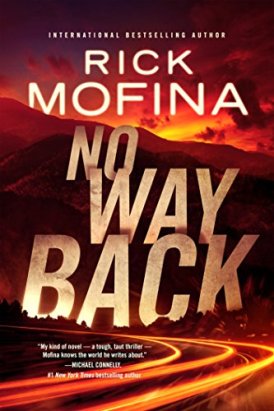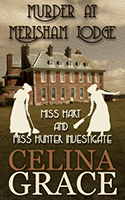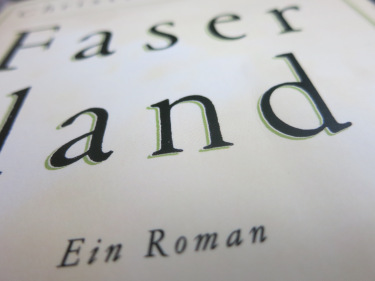Hurrah! The TBR has plummeted massively this week- down 2 to 196!! This is a result of my legendary iron self-control – I don’t know why you ever doubted me! And furthermore, I’ve reached the last third of Trotsky! I’ll miss the old codger, you know – he’s quite funny… sometimes even intentionally…
Here are some I should get to soon…
Fiction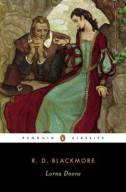 First up, the winner of the Classics Club spin is Lorna Doone, so somehow I need to fit it in, in time to review it by the 1st May. *gulp* Of course, it’s one of the longer ones on my list…
First up, the winner of the Classics Club spin is Lorna Doone, so somehow I need to fit it in, in time to review it by the 1st May. *gulp* Of course, it’s one of the longer ones on my list…
The Blurb says: First published in 1869, Lorna Doone is the story of John Ridd, a farmer who finds love amid the religious and social turmoil of seventeenth-century England. He is just a boy when his father is slain by the Doones, a lawless clan inhabiting wild Exmoor on the border of Somerset and Devon. Seized by curiosity and a sense of adventure, he makes his way to the valley of the Doones, where he is discovered by the beautiful Lorna. In time their childish fantasies blossom into mature love—a bond that will inspire John to rescue his beloved from the ravages of a stormy winter, rekindling a conflict with his archrival, Carver Doone, that climaxes in heartrending violence. Beloved for its portrait of star-crossed lovers and its surpassing descriptions of the English countryside, Lorna Doone is R. D. Blackmore’s enduring masterpiece.
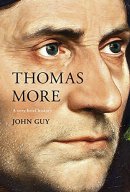 Courtesy of NetGalley. I’m not sure what appealed to me most about this – the words “John Guy”, my favourite Tudor historian, or the words “Very Brief” in the subtitle, most welcome as a little palate cleanser between the tomes of Russian history I’m continuing to accumulate!
Courtesy of NetGalley. I’m not sure what appealed to me most about this – the words “John Guy”, my favourite Tudor historian, or the words “Very Brief” in the subtitle, most welcome as a little palate cleanser between the tomes of Russian history I’m continuing to accumulate!
The Blurb says: ‘If the English people were to be set a test to justify their history and civilization by the example of one man, then it is Sir Thomas More whom they would perhaps choose.’ So commented The Times in 1978 on the 500th anniversary of More’s birth. Twenty-two years later, Pope John Paul II proclaimed Thomas More the patron saint of politicians and people in public life, on the basis of his ‘constant fidelity to legitimate authority and . . . his intention to serve not power but the supreme ideal of justice’.
In this fresh assessment of More’s life and legacy, John Guy considers the factors that have given rise to such claims concerning More’s significance. Who was the real Thomas More? Was he the saintly, self-possessed hero of conscience of Robert Bolt’s A Man for All Seasons or was he the fanatical, heretic-hunting torturer of Hilary Mantel’s Wolf Hall? Which of these images of More has the greater historical veracity? And why does this man continue to fascinate, inspire and provoke us today?
* * * * *
Crime Courtesy of NetGalley again. My addiction to these British Library Crime Classics re-issues continues unabated. Doesn’t Dorothy L Sayers sound like a total stuck-up book snob in this quote? And yet, oddly, she also sounds just like me…
Courtesy of NetGalley again. My addiction to these British Library Crime Classics re-issues continues unabated. Doesn’t Dorothy L Sayers sound like a total stuck-up book snob in this quote? And yet, oddly, she also sounds just like me…


![20171231_110343_001[1]](/ai/021/110/21110.jpg)
